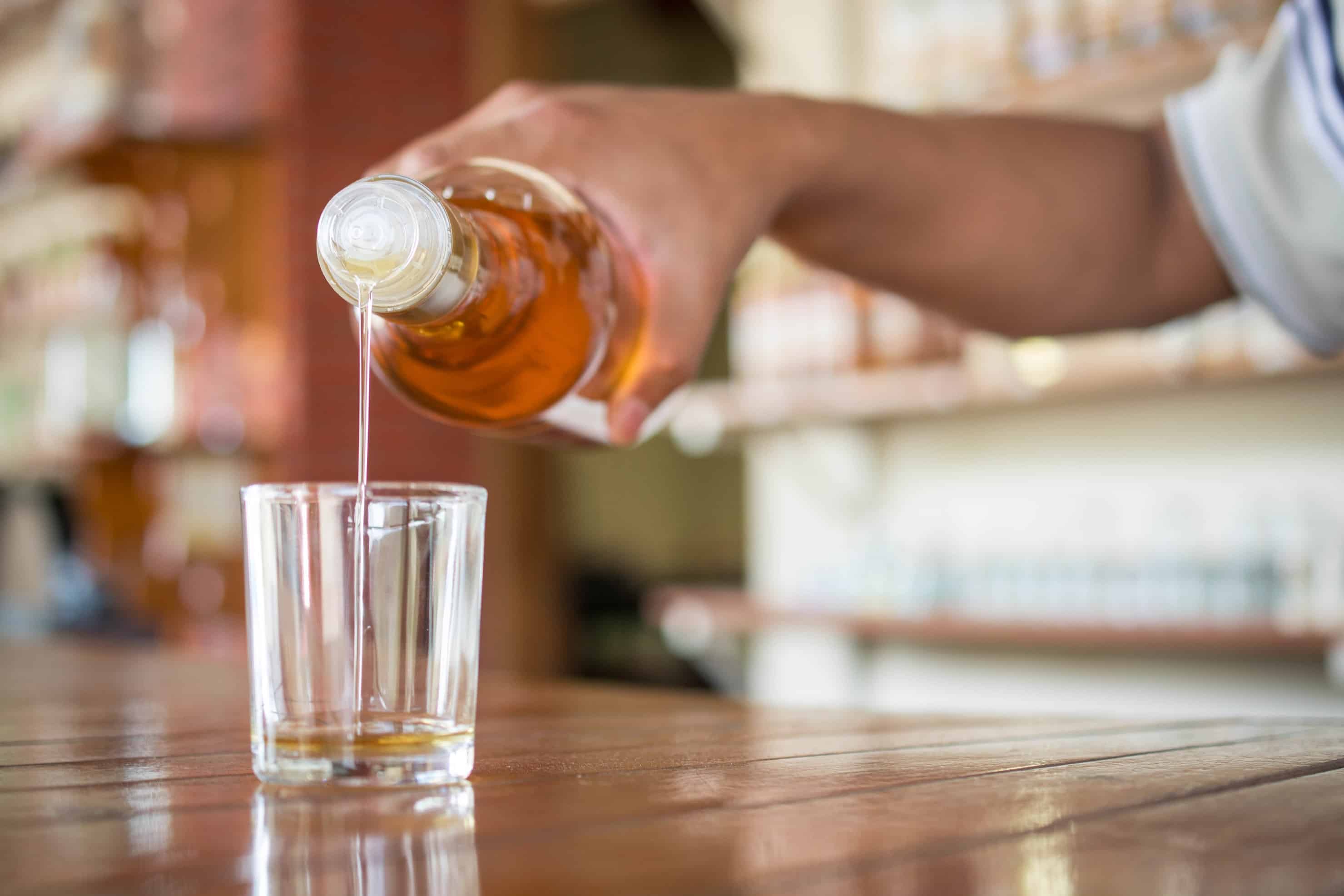
What is mezcal?
If tequila and mezcal are siblings, tequila is the older, more established sibling; popular and fun to be around but, well…predictable. Mezcal is the baby of the family, the broodier, capricious wild child, unpredictable and feral.
While tequila is Mexico’s most well-known alcoholic export, mezcal has just as many - if not deeper - roots here. Some experts believe it was invented around the same time as tequila when the Spanish brought distillation to the New World; some say mezcal came from an earlier pre-colonial time.
How does mezcal differ from tequila?
While they have a lot in common, these two spirits remain very different. Both are made from maguey (agave). Tequila is, in fact, a type of mezcal. Mezcal is the distillation of any species of maguey and tequila just one maguey (blue agave) in particular. The process begins for both with the carving out of the heart or piña, called as such due to its resemblance to a pineapple.

Maguey hearts destined for mezcal are roasted in an underground pit, giving mezcal its distinctive smoky taste. Tequila hearts are cooked in a vapor oven. The hearts of each are then crushed (in artisan set-ups often with a large stone mortar pulled by a donkey or horse) and a mash is created that is allowed to ferment, after which its liquid is distilled. Tequila is generally barrel-aged, at least for a short time, but the most popular style of mezcal is the un-aged joven (mezcal also comes in reposado and añejo, both aged varieties).
What does mezcal taste like?
Joven mezcal has a high alcohol content (all mezcal is 45-proof and above) and as it is unaged there is nothing to soften or dilute the flavours passed through the agave from the land where it was grown. Herbal overtones, menthol, a deep smokiness, even fruit or sweet flavours can all be detected in the wide variations of mezcal from around the country. Unusual distillation processes such as the use of clay pots or distilling through a chicken breast (a type of mezcal called pechuga) add other unique flavours.
While only seven Mexican states have Denomination of Origin for mezcal production, five more are in the process of achieving it. With or without Denomination of Origin, mezcal is produced in almost every single state in Mexico, to sell or drink locally.
Mezcal’s recent skyrocket to popularity has meant its broad flavour palate and quirky characteristics are suddenly getting a second look from chefs, connoisseurs and novices alike. At the top of bartenders’ lists, some of the best mezcal cocktails in Mexico City can be found at Fifty Mils, Limantour, and Maison de Artemisia.
Next time you visit make sure to stop in and discover Mexico’s wild child.


